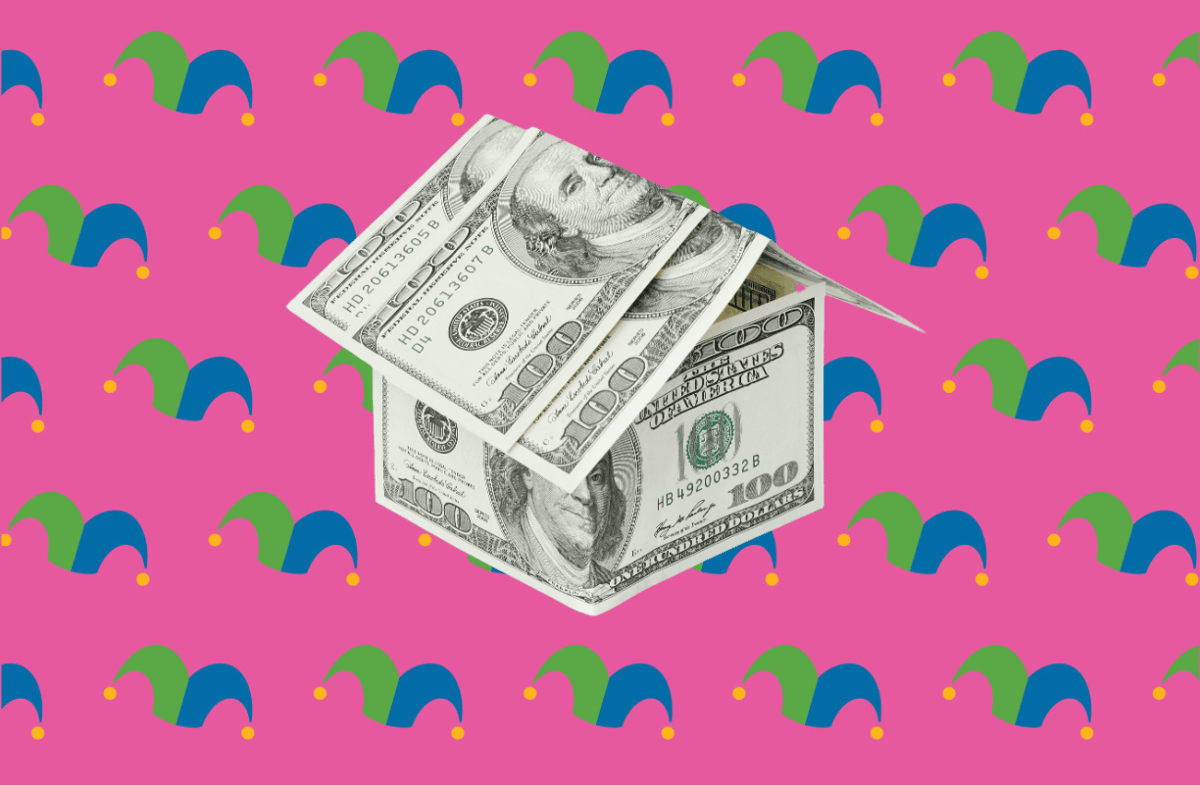Vacation rental platforms like Airbnb have made owning short-term rental properties more accessible than ever before. More than 5 million hosts (and growing) list their properties on Airbnb in 2024, and owning an Airbnb property can be a great way to start investing in real estate and potentially have a vacation home for your family at the same time.
I’m an Airbnb owner and can tell you firsthand that it can be a rewarding and lucrative way to buy your first rental property. But what about financing for an Airbnb?
In most cases, you need 20% down or more to qualify for an investment property mortgage. But Airbnb rentals don’t always fit the traditional definition of an investment property. So, if you’d love to own an Airbnb but aren’t sure you can afford the down payment, here’s what you need to know.
Different types of loans for different types of Airbnb properties
The biggest point to know is that there are different types of loans you can use, depending on the location and nature of your Airbnb rental property.
We’ll start with traditional investment property loans. Investment property loans can generally be made for properties with one to four housing units (five or more units typically define a “commercial” property), and while Fannie Mae’s guidelines allow for one-unit investment property loans with 15% down payments, in practice, most mortgage lenders want 20% down or more for an investment property.
While this isn’t an exhaustive list, here are a few situations where you would likely have to use an investment property mortgage:
More: Check out our picks for the best mortgage lenders
- You aren’t planning to use the property for personal reasons at all.
- The property is a one-unit residence that is close to your primary home.
- You’re planning to make it available through Airbnb 100% of the time.
If these situations don’t apply to you, there might be good news. Two types of mortgages can be used to buy short-term rental properties in certain situations.
Second-home loans
To be clear, there is no set-in-stone definition of a second home. But in general, lenders consider a second home to be a single-unit property that isn’t near your primary residence, which you plan to personally occupy at least some of the time.
This is important because there is a special type of mortgage designed to be used to buy a second home.
Second-home loans not only have generally lower mortgage interest rates than investment property mortgages, but they also have lower down payment requirements. Fannie Mae’s underwriting guidelines allow second-home loans with as little as 10% down (although 20% is required to avoid mortgage insurance).
Different lenders have different definitions of a second home. Some allow you to rent it as much as 90% of the time, while others are more restrictive and have their own guidelines. For example, some lenders don’t allow second homeowners to hire a property manager. Be sure to shop around — not just for the best rate, but for a lender with a second-home definition that works for you.
FHA loans (Airbnb house hacking)
FHA loans only require a 3.5% down payment if you have a credit score of at least 580. And while it’s true that you can only get an FHA loan for a property you live in, the property you buy can have as many as four housing units.
For example, you can use an FHA loan to buy a triplex (three-unit property) with a 3.5% down payment. You can live in one unit, and use the other two as rentals, even through short-term rental platforms like Airbnb.
You don’t need a massive down payment to own an Airbnb
The bottom line is that while 20% is the typical down payment lenders want to see for investment properties, Airbnb rentals are not the traditional investment properties that the rule is based on. Because you can use short-term rentals yourself, and because multi-unit properties can make excellent Airbnb rentals, it’s entirely possible to become a vacation rental owner with a much lower upfront financial commitment.
Alert: our top-rated cash back card now has 0% intro APR until 2025
This credit card is not just good – it’s so exceptional that our experts use it personally. It features a lengthy 0% intro APR period, a cash back rate of up to 5%, and all somehow for no annual fee! Click here to read our full review for free and apply in just 2 minutes.

